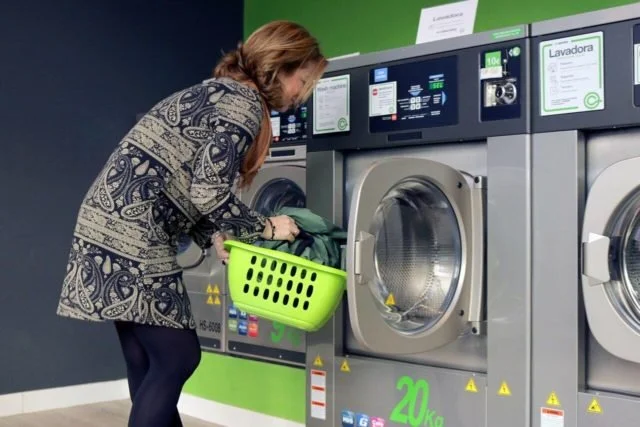When water temperatures get too hot, fish can become stressed or even die. In rivers, Atlantic salmon and other cold-water species sometimes escape the heat by flocking to cooler areas, which often arise near groundwater springs or relatively cool tributaries. Lots of work has been done to preserve and augment these naturally occurring refuges, said Smith, of Dalhousie University in Halifax, Canada, “but there hasn’t really been an emphasis or focus on if we can create cold-water habitat.”
Water Warriors hit the streets to help vulnerable Edmontonians during long weekend heat
Volunteers with a local charity were busy handing out water to vulnerable Edmontonians as the city was placed under a heat warning. On Saturday afternoon, Environment and Climate Change Canada placed the capital region under a heat warning as high daytime temperatures and overnight lows were expected throughout the long weekend. Volunteers with a local charity were busy handing out water to vulnerable Edmontonians as the city was placed under a heat warning.
On Saturday afternoon, Environment and Climate Change Canada placed the capital region under a heat warning as high daytime temperatures and overnight lows were expected throughout the long weekend. Heat warnings are issued by Environment Canada when very high temperatures can pose an elevated risk of heat illnesses, like heat stroke or heat exhaustion.
How has federal protection helped Lake Superior?
The biggest of the Great Lakes and one of the largest freshwater ecosystems in the world — has remained relatively pristine compared to the other four. It’s far enough away from the populated urban centres in southern Ontario, its watersheds are largely forested, there’s little industry or agriculture on its shorelines and its especially cold water (an average of 4 C year-round) has kept away invasive species.
Morning Start: There’s no difference between hot and cold water during laundry
Fun Fact: Because of advances in soap and detergent, there is no difference between using hot water and cold water when washing clothes. The only difference is you’re spending more money using all that hot water because approximately 75 per cent of energy used in a load of laundry is to warm the water.





